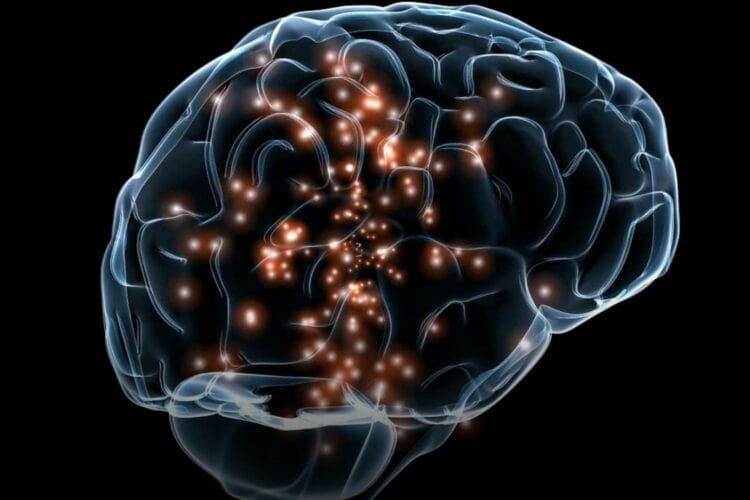In the quest for enhanced mental health, neurotechnology emerges as a beacon of hope, offering innovative solutions that push the boundaries of traditional psychiatry and therapy.
Here’s how neurotechnology is being used to improve mental health
The intersection of neuroscience and technology has birthed a suite of tools and techniques that are not just groundbreaking but also highly effective in diagnosing, treating, and managing mental health conditions.
The Dawn of Neurotech in Mental Health
Neurotech, shorthand for neurotechnology, refers to the application of technological innovations to understand, explore, and influence the nervous system, including the brain.
Mental health, often shrouded in complexity, has seen a new light with the advent of neurotech.
Devices and software that can read brain waves, stimulate neural pathways, or even alter brain activity hold the promise of unlocking mysteries of the mind that have baffled humanity for centuries.
Brain-Computer Interfaces (BCIs): A Gateway to Understanding
One of the most talked-about neurotech innovations is the Brain-Computer Interface (BCI).
BCIs bridge the gap between the human brain and external devices, enabling direct communication without the need for physical movement.
For mental health, this means potential breakthroughs in how we approach conditions like depression, anxiety, and PTSD.
BCIs offer a window into the brain’s intricate workings, allowing for precise treatment modalities that cater to the individual needs of patients.
Neurofeedback: Training the Brain for Wellness
Neurofeedback stands out as a non-invasive method that teaches the brain to regulate itself better.
By monitoring brain activity in real time and providing feedback, individuals can learn to adjust their brainwaves, leading to improved mental health outcomes.
This technique has shown promise in treating ADHD, depression, and anxiety, offering a more holistic approach to mental wellness without the side effects often associated with medication.
Wearable Neurotech: Everyday Solutions for Mental Well-being
The rise of wearable neurotechnology has made mental health care more accessible and continuous.
Devices that can monitor stress levels, and sleep patterns, and even predict depressive episodes before they happen are becoming part of everyday life.
This constant stream of data not only empowers individuals with insights into their own mental health but also provides healthcare providers with valuable information to tailor treatments more effectively.
In-Depth Analysis: The Impact of Neurotech on Mental Health Care
The integration of neurotech into mental health care is not without its challenges.
Questions regarding privacy, ethics, and accessibility arise as we navigate this new frontier. However, the potential benefits are undeniable.
Early diagnosis and personalised treatment plans stand to revolutionise mental health care, making it more effective and efficient.
Research continues to delve into the capabilities and limitations of neurotech. Studies have shown significant improvements in patients with chronic mental health issues, attributing these successes to the targeted and personalised nature of neurotech interventions.
Moreover, the potential for neurotech to reduce the stigma associated with mental health cannot be overstated. By providing concrete, visible evidence of neurological underpinnings of mental health conditions, neurotech helps to dispel myths and misconceptions, fostering a more understanding and supportive society.
As we stand on the brink of a new era in mental health care, the role of neurotech cannot be understated.
With each advancement, we move closer to a world where mental health issues are not just manageable but also better understood and more compassionately treated.
The journey of neurotech in mental health is one of discovery, innovation, and hope—a journey that promises to reshape our approach to mental wellness for generations to come.






